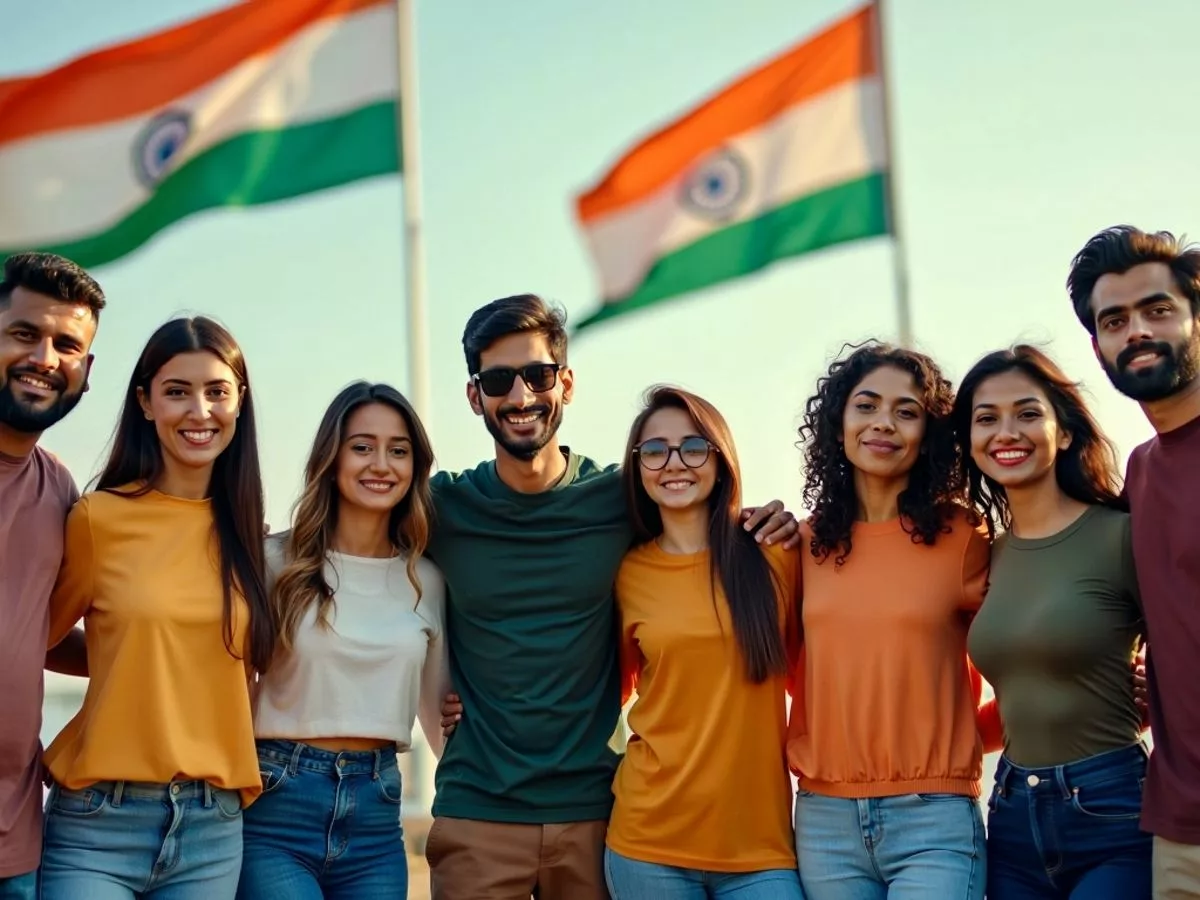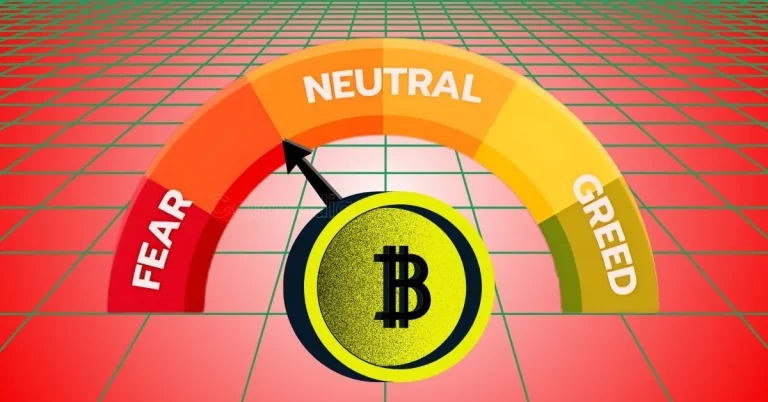
India has expressed strong disapproval of comments made by Iran’s Supreme Leader Ali Khamenei regarding the treatment of Muslims in India. Khamenei’s remarks, which suggested that Muslims should be aware of the suffering of their brethren in various countries, including India, have been labeled as "misinformed and unacceptable" by the Indian foreign ministry.
Key Takeaways
- Khamenei’s comments were made in a social media post, highlighting the plight of Muslims in several regions.
- India’s foreign ministry responded by urging countries to reflect on their own records before commenting on others.
- The relationship between India and Iran has historically been strong, with recent agreements to enhance cooperation.
Background of Khamenei’s Remarks
In a recent social media post, Khamenei stated, "We cannot consider ourselves to be Muslims if we are oblivious to the suffering that a Muslim is enduring in Myanmar, Gaza, India, or any other place." This statement has sparked significant backlash from the Indian government, which has emphasized the importance of self-reflection among nations before making such comments.
India’s Response
The Indian foreign ministry’s spokesperson stated, "Countries commenting on minorities are advised to look at their own record before making any observations about others." This response underscores India’s stance on the issue, emphasizing that external criticism should be approached with caution and self-awareness.
Historical Context
India and Iran have maintained a generally positive relationship, marked by various agreements aimed at enhancing bilateral cooperation. Notably, in May, the two nations signed a 10-year contract to develop and operate the Iranian port of Chabahar. This port is strategically significant for India as it provides a route to transport goods to Iran, Afghanistan, and Central Asian countries, circumventing rival Pakistan’s ports.
Implications for India-Iran Relations
Despite the recent tensions arising from Khamenei’s comments, the historical ties between India and Iran suggest that both nations may seek to navigate this diplomatic challenge carefully. The ongoing development of the Chabahar port is a testament to their commitment to mutual cooperation, even in the face of political disagreements.
Conclusion
The exchange between India and Iran highlights the complexities of international relations, particularly concerning sensitive issues like minority treatment. As both nations continue to engage with one another, it remains to be seen how they will address these challenges while maintaining their longstanding partnership.






